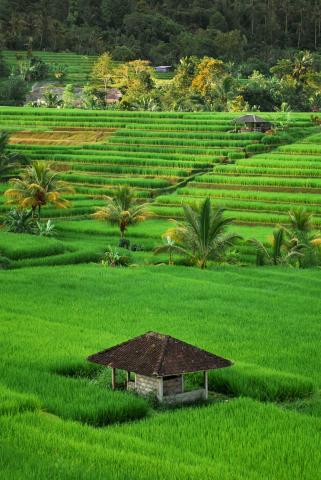Togo Country Situation Report on Chlorpyrifos

A general overview of Togo’s agricultural activities shows that agriculture occupies an estimated cultivable area of 3.6 million ha, i.e. 60% of the country’s total area, of which 41% is cultivated (1.4 million ha).
In an effort to control insect pests, weeds and microscopic fungi that are harmful to crops, a large quantity of chemical pesticides are commonly used. One of these is chlorpyrifos.
Mindful of the dangers associated with the use of chemical pesticides in Togo, the Government has taken measures to regulate their use in the agricultural sector.
Togo has a national policy framework for the registration and control of pesticide-related chemicals. The country has also signed international agreements, and has national legal and institutional frameworks for pesticide-related chemicals.
Nevertheless, there are challenges associated with the chlorpyrifos elimination campaign. These include insufficient legal and institutional capacities; lack of plans and programs, as well as aspects related to the capacities of stakeholders, technical management; infrastructure; control and monitoring. To remove these challenges, it is important to raise awareness and to advocate for the adoption of coercive prohibitive measures.
This project relates to Sustainable Development Goals 2, 3, 6, 8, 12, 13, 14, and 15.
Special thanks to the organization Les Amis de la Terre-Togo, IPEN's Francophone Africa Regional Coordinator Achille Ngakeng, and IPEN's FA Regional Hub CREPD, for their important contributions to the development and finalization of the project.
| Attachment | Size |
|---|---|
| 1.65 MB | |
| 207.63 KB |
